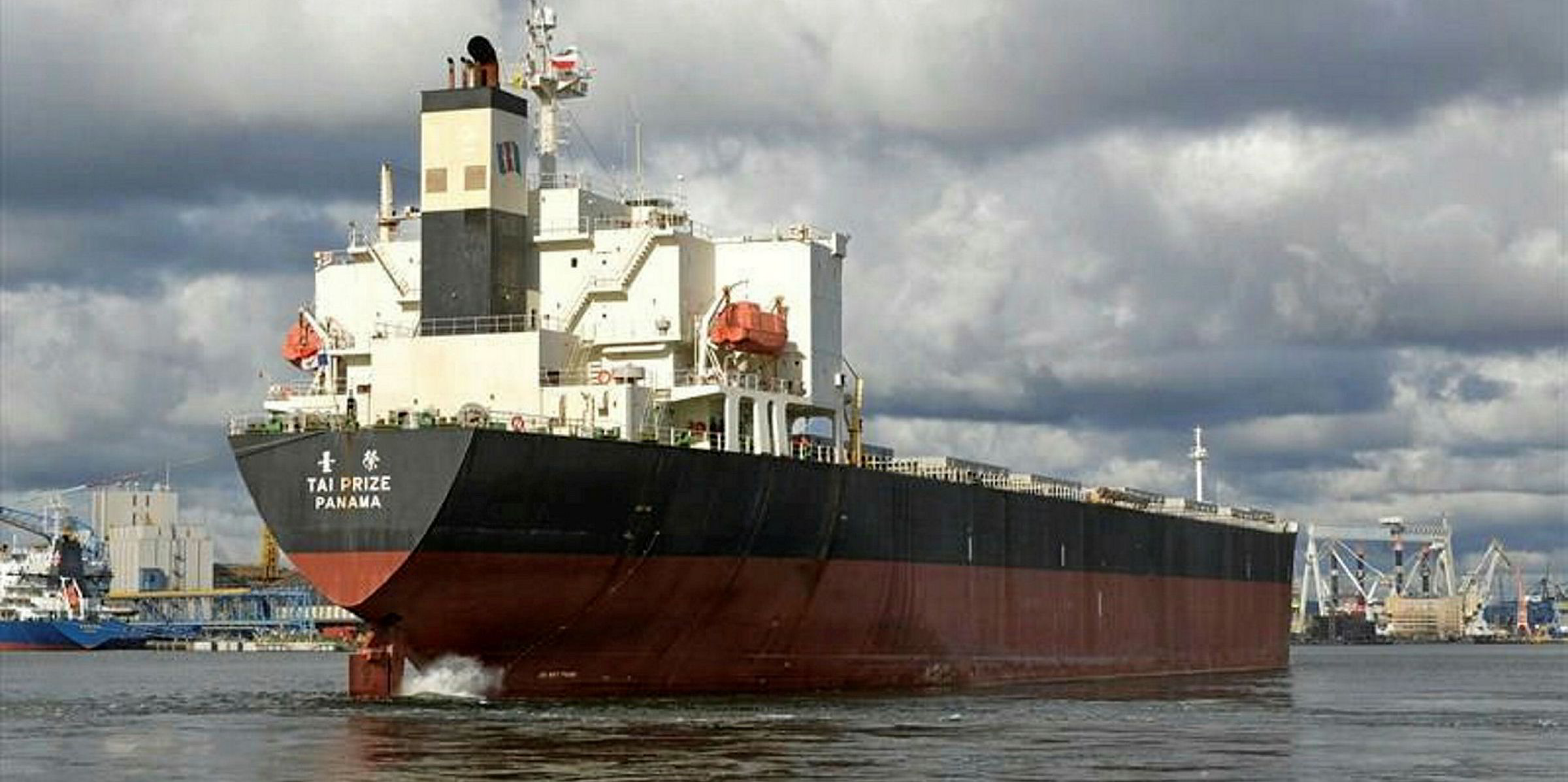The UK High Court has overturned a London tribunal ruling relating to cargo damage on a bulker controlled by Noble Chartering.
The decision in favour of voyage charterer Priminds Shipping (HK) reinforces the responsibility of masters for checking the state of what is being loaded onboard.
UK law firm Penningtons Manches Cooper (PMC), which represented Priminds, said an appeal being granted in an arbitration case was rare, and it is even rarer to win one.
But Noble has been granted equally rare leave to appeal the decision in the court of appeal.
Hong Kong trader Noble was the disponent owner of the 73,000-dwt Tai Prize (built 2001) when it was sub-chartered to Priminds in 2012 to carry heavy grains, soyabeans and sorghum from Brazil to China.
The dispute concerned Noble's entitlement to an indemnity against cargo damage claims brought in China.
Master's role in question
The London tribunal had previously found that the soybeans were shipped in a damaged condition but that the master, as agent of the owner, could not reasonably have observed such defects during the course of loading.
It ruled that the shipper knew or should have known whether the cargo had suffered pre-shipment damage, so its presentation of bills of lading saying they were "clean on board” and in “apparent good order and condition” were inaccurate.

Therefore the charterer, Priminds, was liable to indemnify the owner.
However, at appeal, Judge Mark Pelling QC accepted Priminds' argument that the words “clean on board” and “shipped in apparent good order and condition” were simply an invitation by the shipper and charterer to the captain to sign bills of lading if in his or her opinion the goods appeared to be OK.
Pelling said everyone knows it is the master’s task to make his own independent assessment, and he held the indemnity did not apply to Noble.
Decision of wide interest
PMC said the decision is likely to be of wide interest in the maritime sector, particularly to charterers and other users of standard form bills of lading such as the Congenbill 1994 form, and their insurers.
“The outcome of this appeal is unlikely to surprise regular users of standard form bills of lading designed for use in combination with charterparties,” added lawyer Darryl Kennard, a partner at the firm.
“The judgment reinforces that it is the master (as the servant of the owner/carrier) who has sole responsibility for assessing the apparent order and condition of goods upon shipment. This principle is one of the cornerstones of international trade, given the reliance placed by traders and bankers alike on the accuracy of statements contained in the bills of lading.”
The tribunal had originally ordered Priminds to pay Noble $500,000, and potentially a further £35,000 ($46,000), plus costs.






